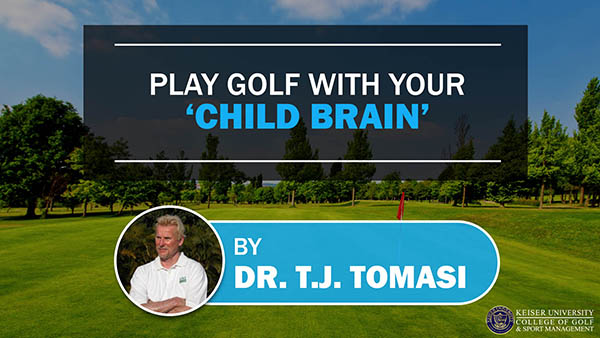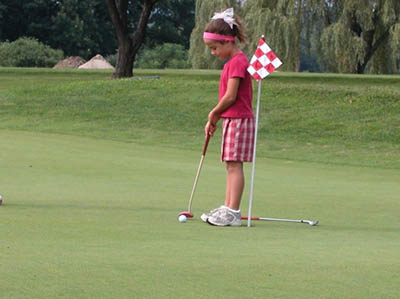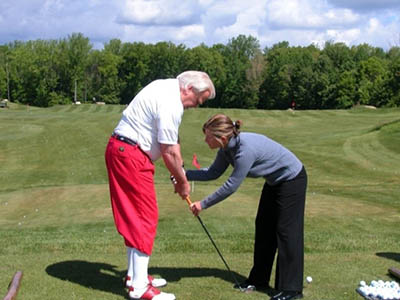Play Golf with Your ‘Child Brain’

By Dr. T. J. Tomasi, Keiser University College of Golf Senior Faculty and Director of Research
An infant’s brain wires itself in response to novel stimuli. For a while, everything in the child’s world is novel, and learning is easy, but for a sport like golf, adult learners often have to see the relevance of the outcomes before they hit the mental save button. This makes some types of learning subject to expediency: If it works, it’s a go; if not, the failure is uncomfortable, so it’s a no-go. Unfortunately, this can lead to the premature abandoning of new learning; hence, my advice to a student – “When you’re learning a new golf move, don’t confuse comfort with correctness.”
So, here’s what you need to be a better learner:
(1) Find a good teacher
(2) Listen only to that teacher
(3) Be childlike in learning your stroke – failure is fertilizer when building a new you
(4) Learn to be comfortable being uncomfortable
When you read a putt, become like a child, fascinated by the “from here to there” problem with no fear of failure. This way, failure becomes a piece of information as powerful to the brain as is success. For the childlike mind, the success is in the doing, and ‘doing’ includes failure; it is the process that is the reward. My best students are curious and unafraid to fail — an awesome combo that is present in every child and every champion.

Her mind is wide open, not narrowed, by the possibility of failure, so she becomes absorbed in what she learns. For this young golfer, every putt is a novel experience that demands complete attention. This is one reason why kids learn quickly.

Teaching an “old dog” a new grip. He can do it, but he’s got to (1) be interested and open-minded; (2) initially focus his attention on the process, not the result; and (3) practice and repeat the new learning. You’ll never learn anything new if you quit doing it because it doesn’t work after only two or three tries.
If you’d like to study with Dr. Tomasi and other PGA Master Professionals, contact The College of Golf today.












